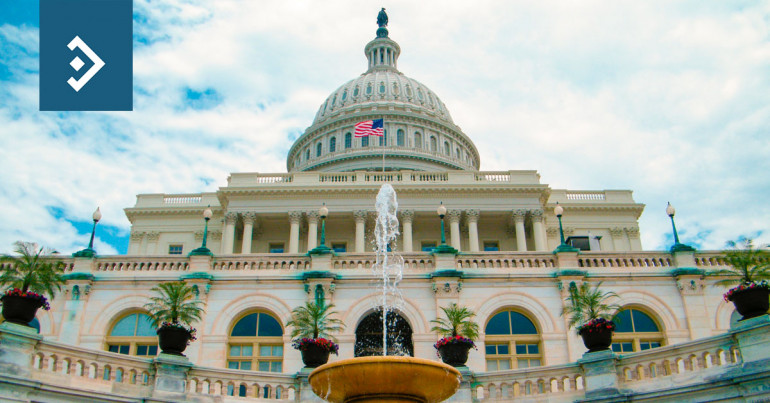
USD on the back foot despite hike
Morning mid-market rates – The majors
December 20th: Highlights
- FOMC making the tough choices
- Time for Brexit contemplation as Parliament rises for holidays
- Euro climbs as Rome and Brussels come to terms
Trump’s criticism of FOMC spreads to markets
It was even believed that the President, acting more as a businessman than a politician, was considering firing Fed Chairman Jerome Powell as he was unable or unwilling bow to Trump’s demands. In what may prove to be its final act of defiance, the FOMC, as had been widely expected, raised interest rates for the fourth time this year meaning that rates are now a full 1% higher now than a year ago.
In his press conference following the announcement at which he published the Fed’s economic projections for 2019, Powell was less sure of himself than he has been previously. Until this quarter, it had been considered that the Fed would continue to hike through 2019 but that is far less certain now and this is sure to influence the dollar. While it retains an interest rate differential over the U.S’s G7 partners, that differential is unlikely to widen by much, if at all next year.
The September projections predicted three hikes in 2019 and two in 2020. It will not now be more than two next year with a pause predicted for 2020.
The dollar index dipped quite dramatically following Powell’s announcement but recovered as markets looked at the comparison rather than the absolute. It fell to a low of 96.55 before recovering to close at 97.03.
Considering your next transfer? Log in to compare live quotes today.
Parliament descends into farce as EU prepares for no deal
Brexit divisions were forgotten for the afternoon while the House of Commons split very clearly along Party lines with either condemnation of or support for the Labour leader.
Parliament rises for the Christmas recess today and that will come as a welcome relief to Mrs. May. It is hoped that when MP’s return on January 7th to continue the debate over the Brexit agreement that a plan has been formulated that offers more than the choice between a “lame duck” agreement or no deal at all.
Brussels announced yesterday that it is stepping up precautions for a no deal Brexit, announcing several consequences of such an outcome. These were generally dismissed as scare-mongering particularly since it was also announced that in the event of no deal, British Haulage firms and their trucks will continue to have unfettered access to the European Transport network, although that may be time limited.
UK inflation fell to its lowest since March last year as petrol prices continue to fall. This will be welcomed by the Bank of England which was facing pressure over rising inflation in a weakening economy. Inflation in November fell to 2.3% year on year from 2.4% in October.
The pound had an insipid day, falling against both a weaker dollar and a rising single currency (see below). It fell to 1.2606 versus the dollar and 1.1058 against the euro. It recovered slightly to close at 1.2615 and 1.1092 respectively.
Euro climbs as Rome and Brussels reach a compromise
Italian Prime Minister Giuseppe Conte was reluctant to say too much using the excuse that he preferred to wait until the deal has been ratified by the European Commission before commenting further.
With one of the major stumbling blocks seemingly removed, the single currency can face the New Year with slightly more certainty despite the economy facing serious difficulties. With the monetary policy playing field being leveled somewhat by the announcement in New York, predictions of the imminent collapse of the euro now seem far-fetched.
With the ECB facing the prospect of another year where it won’t find itself in a position to hike rates and its inflation forecast being cut to below 2%, the euro is unlikely to rally far above its current level but with uncertainty creeping into U.S. markets, investors may view the euro with less suspicion.
Have a great day!

About Alan Hill
Alan has been involved in the FX market for more than 25 years and brings a wealth of experience to his content. His knowledge has been gained while trading through some of the most volatile periods of recent history. His commentary relies on an understanding of past events and how they will affect future market performance.”



